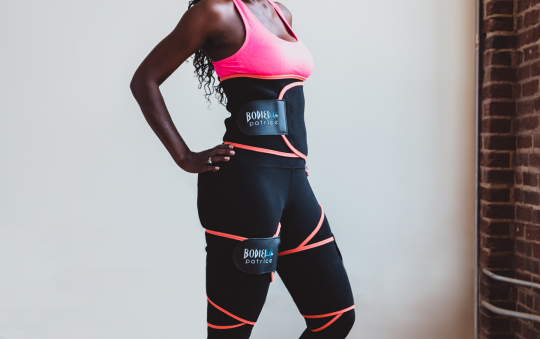
If you learned that someone you love had a disease that could kill them, what would you do?
Most of us would want some answers—at the very least, we would want to know more about the disease, and how to stop it.
And yet, for a variety of reasons, some genuine and some imagined, we often avoid taking simple life-saving steps to prevent a debilitating disease. I’d like to talk about how we can help each other move past fear and skepticism, and into better health.
The uncomfortable truth is that many minority communities have a high level of distrust of systems and institutions, including doctors and hospitals. This is rooted in a history of abuse and neglect of our communities, even by those we would expect to trust. The horrific Tuskegee medical experiment may have ended nearly half a century ago, but the realities of systemic racism in our society—from biases in law enforcement and hiring to attempts to repeal the Affordable Care act, which would disproportionately hurt people of color—are still all too real.
One of the outcomes of this legacy of distrust is that people in our communities are less likely to seek health care. And, when we do we seek care, we may not follow the directions of our medical providers.
When we don’t seek care, and when we don’t know the most basic details about our health on a regular basis, we are putting our lives at risk, unable to address health problems we might not know we have until we are really sick and our conditions are harder to treat.
Reversing this painful reality is one of the reasons I became a doctor, and why I am so hopeful and encouraged by the work the MLK Community Hospital is doing outside of our four walls.
How do we build trust? It starts with our people. The majority of our employees are from the surrounding community, so we know and belong to the community we serve. We know the culture and challenges, we speak the languages of our patients, and we share a common background and history.
We also build trust by taking our health promotion work into the community and meeting people where they shop, worship, and congregate. We engage people in places where they feel comfortable, while addressing the top public health challenges in our community: widespread, untreated chronic diseases like diabetes and heart disease, lack of access to health care, and social challenges that affect health.
Perhaps the simplest and most important of our activities in the community is our “Know Your Basics” health screenings. You may have seen us in the Crenshaw Shopping Mall, at your local hair salon or barbershop, senior center or church. We’ve reached over 215,000 South L.A. residents through screenings and education in the past year. Did we reach you?
In just a few minutes of screening, you can find out three important health basics: your blood sugar, blood pressure, and body mass index (BMI). They might not sound critical, but they are. Some of our most common and deadly health threats – heart disease and diabetes – don’t have symptoms we would notice. Knowing the early warning signs saves lives. If you haven’t had these basic health screenings this year, you should.
At our screenings, we connect individuals with physicians and clinics because having a regular source of care makes it more likely they will take the right steps to ensure their health. If you don’t have a doctor, we’ll give you a list of places you can go to find one. The same goes for insurance coverage. We provide connections to resources and support that influence health — for example, showing women how to access the state’s Women, Infants and Children (WIC) program, and well baby programs throughout South L.A.
We’re also partnering with others to bring better health to your neighborhoods. A farmer’s market now offers fresh fruit and vegetables on the MLK medical campus every Wednesday. Expectant mothers can receive prenatal care because of our partnership with the local Planned Parenthood. The new MLK Community Medical Group is hiring specialists to provide access to care for patients suffering from the conditions most prevalent in South L.A.
What I’m hearing from our patients is that the most important thing we are doing to build trust is providing excellent, compassionate care every day. Every time someone visits our hospital and receives care from someone who understands and respects them, it builds faith in our system. Once that is accomplished that person is more likely to take steps to obtain the additional services and care that will make life better for them and their loved ones.
So, do you know your basics? Come spend a few minutes with us at our next monthly health screening on Saturday, November 11, from 10 a.m. to 2 p.m., at two locations: Baldwin Hills Crenshaw Plaza and Plaza Mexico.
We hope to see you there, or at the Wednesday campus farmer’s market, soon. Please stop by and say hello, let us know how we’re doing, and what else we can do to build your trust and improve your health.
Dr. Elaine Batchlor is the chief executive officer of Martin Luther King, Jr. Community Hospital in Watts.






